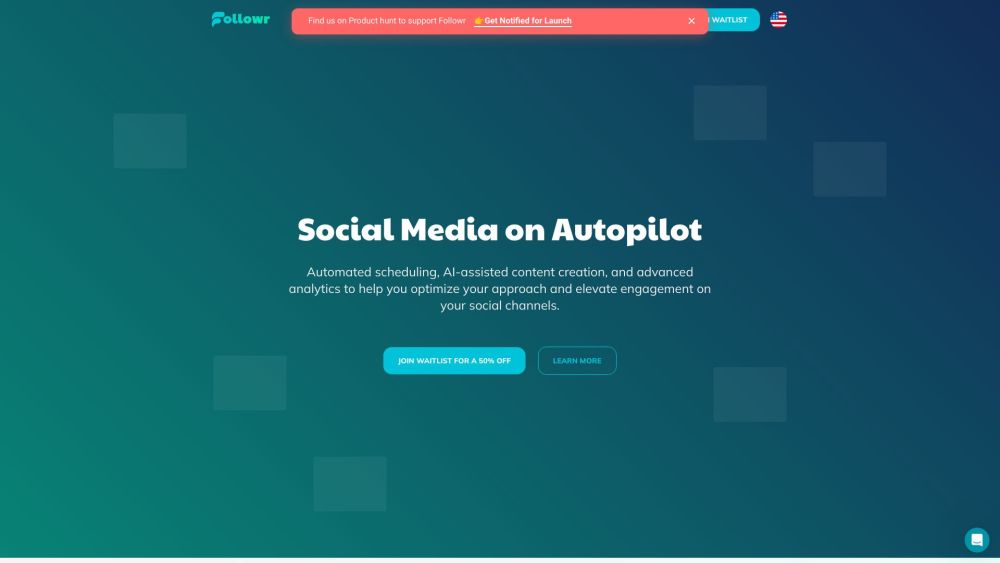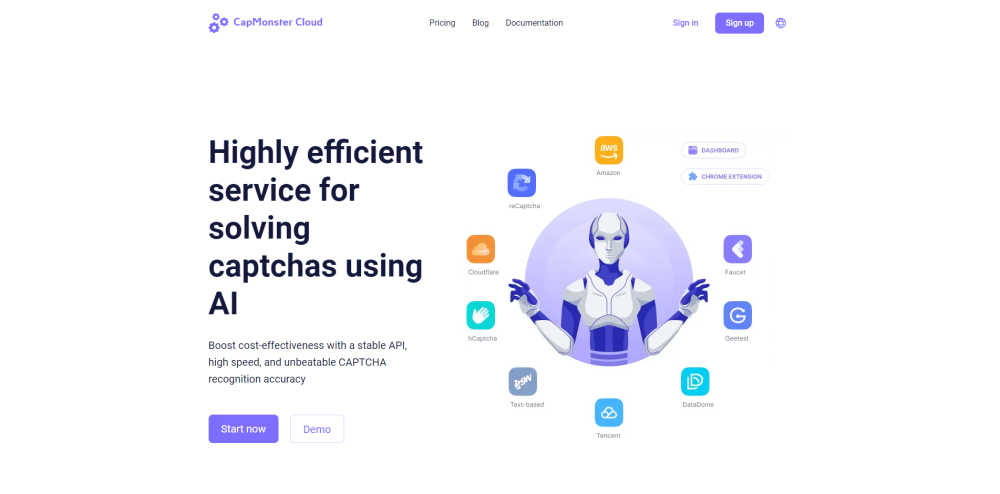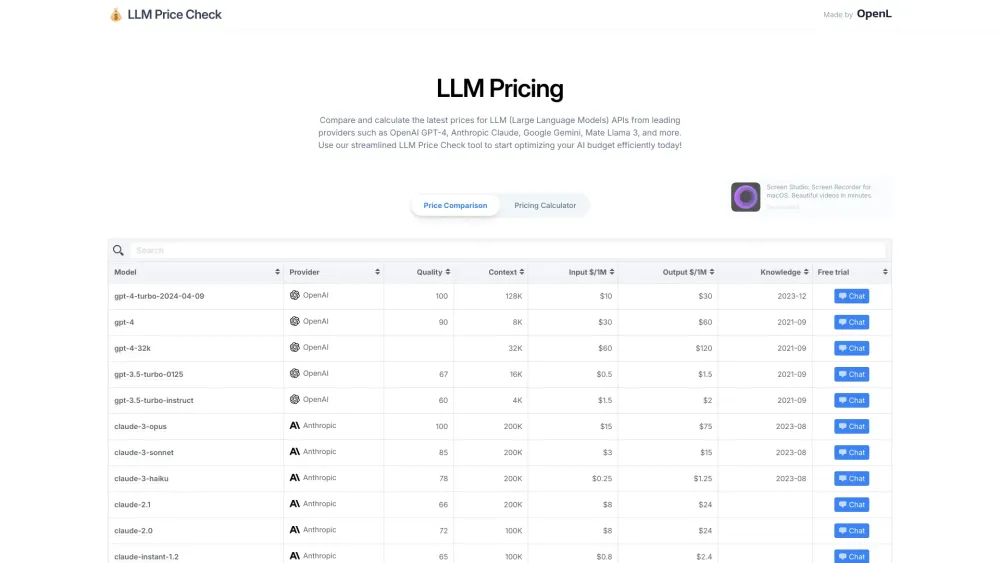The U.S. Federal Trade Commission (FTC) has fined a startup called accessiBe for misleading advertising. The company claimed it could make websites more compatible with screen readers used by blind people to help them access the internet. However, the FTC found that the company’s claims were false. AccessiBe was fined for making false advertisements and for failing to disclose its paid connections to reviewers.
According to the FTC’s order, accessiBe must pay a $1 million fine. This money will be used to refund the company’s customers, and the company will be banned from exaggerating the capabilities of its tools. The order also requires accessiBe to clearly and prominently disclose any relationships with people who endorse its services.
Samuel Levine, director of the FTC's Bureau of Consumer Protection, said in a statement, "Companies looking for help to make their websites accessible must be able to trust that products do what they are advertised to do. Exaggerating a product’s abilities without sufficient evidence is deceptive, and the FTC will take action to stop it."
AccessiBe, based in New York, sells an AI-powered plugin that claims to help websites comply with the Web Content Accessibility Guidelines (WCAG), an important set of rules used to measure website accessibility. The company markets its service as a way to avoid lawsuits for not complying with the Americans with Disabilities Act (ADA), a federal law that protects disabled people from discrimination.
Founded in 2018 by entrepreneurs Dekel Skoop, Gal Vizel, and Shir Ekerling, accessiBe raised $58.5 million in venture capital from investors, including K1, a private equity firm based in Los Angeles. Its customer list has included companies like Pillsbury, Benadryl, Playmobil, the Los Angeles Lakers, and government agencies like the Louisiana Department of Health.
However, many advocacy groups and customers have reported that accessiBe’s products do not work as promised. Some screen reading applications used by blind and low-vision users may be disrupted by accessiBe’s tools, causing difficulties in navigating websites. Customers have filed class action lawsuits against accessiBe, claiming that the company’s products did not make their websites fully compliant with ADA standards.
At the 2021 convention, the National Federation of the Blind criticized accessiBe’s marketing and business practices as "disrespectful and misleading." That same year, over 400 blind people, accessibility advocates, and software developers signed an open letter urging companies that use automated services like accessiBe’s to stop.
According to the digital accessibility provider UsableNet, in 2021, more than 400 companies were sued over the accessibility widgets or overlays on their websites.
AccessiBe is not the only company selling automated accessibility tools, but it has been criticized for its "defensive" style of engagement with the accessibility community, its dismissive attitude, and its high claims.
The FTC revealed that accessiBe not only failed to meet its promises to clients but also engaged in misleading marketing. The agency said that accessiBe "deceptively formatted third-party articles and reviews" to make them appear as if they were independent opinions from impartial authors, while failing to disclose important connections with these supposedly objective reviewers.
The FTC’s order was unanimously approved by all five commissioners. The order will now be open for a 30-day public comment period, after which the Commission will decide whether to make it final and enforce it.







